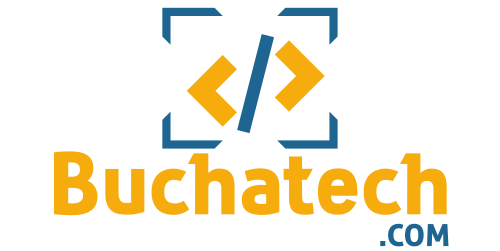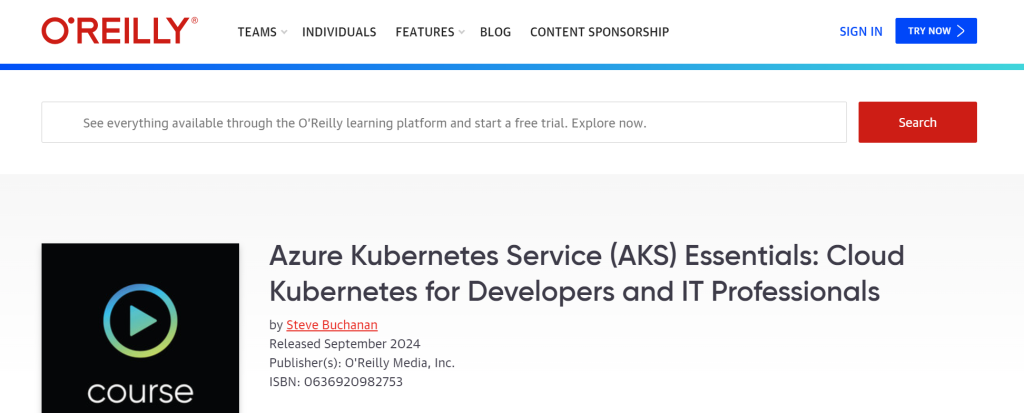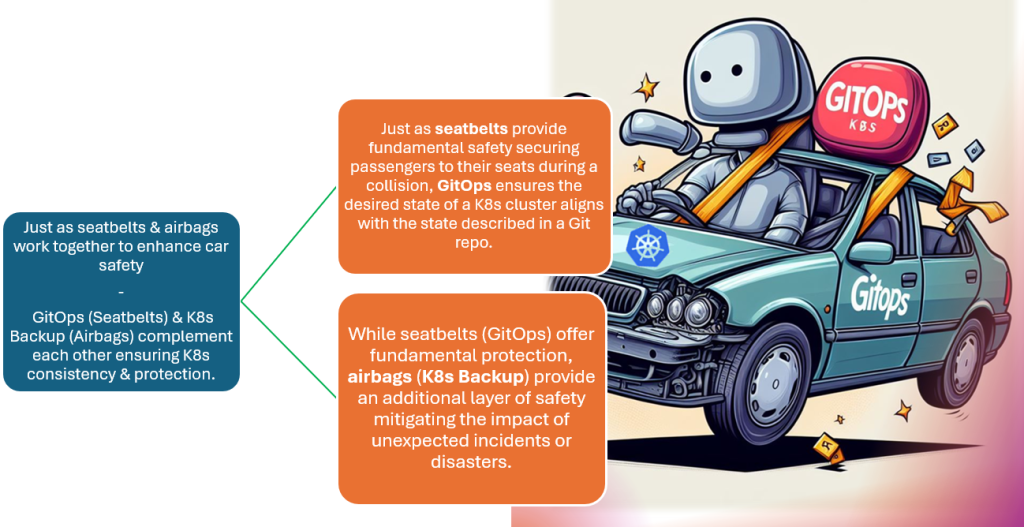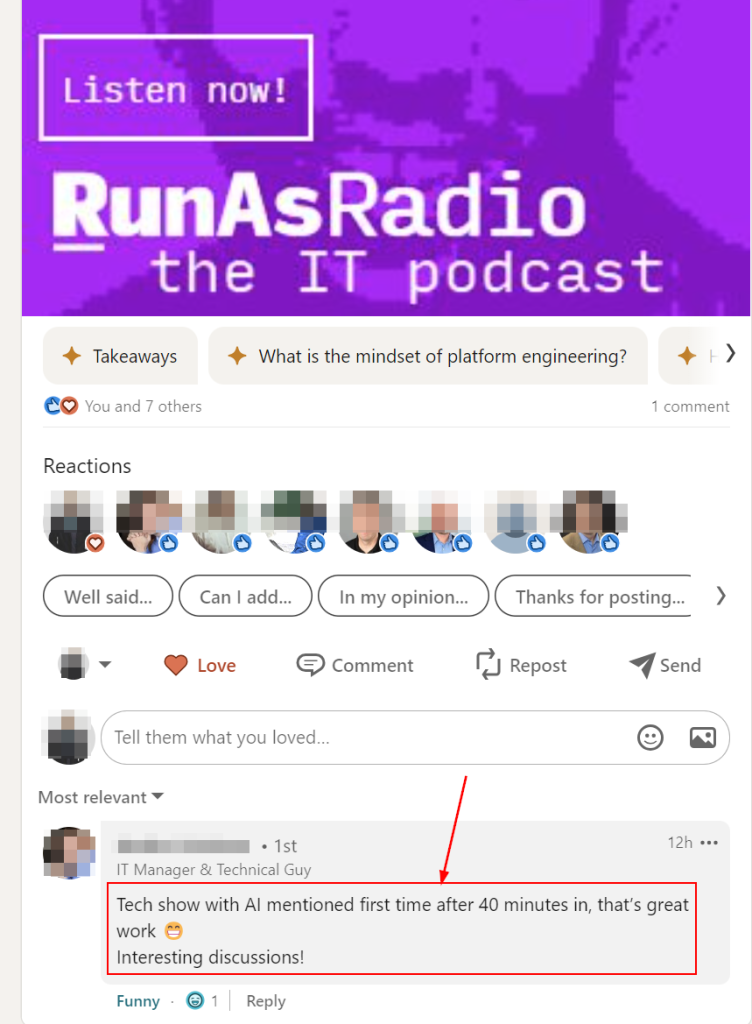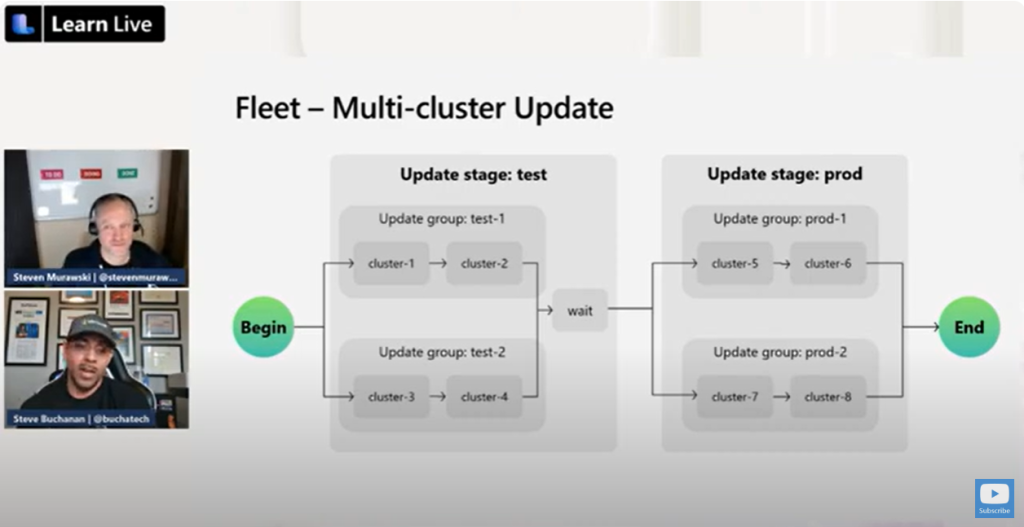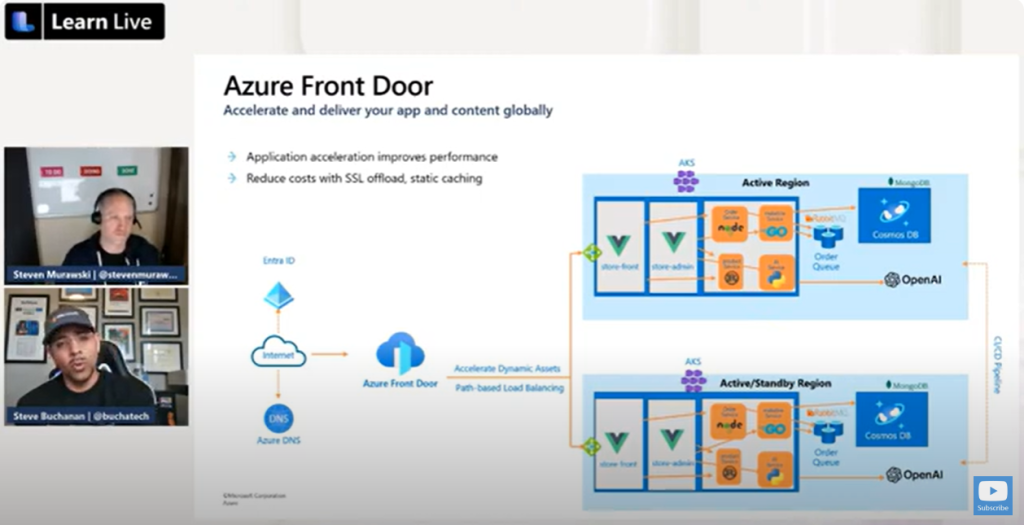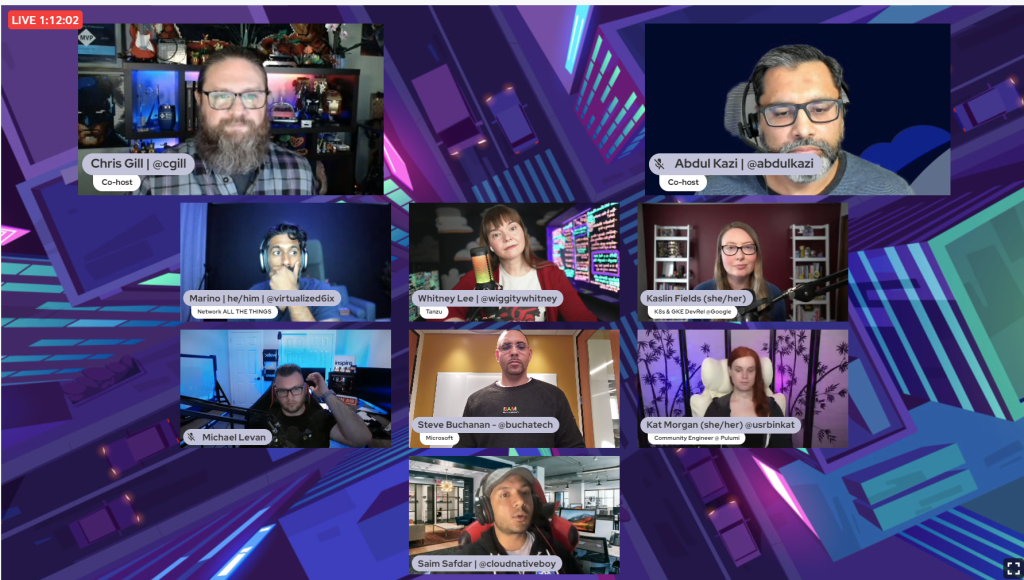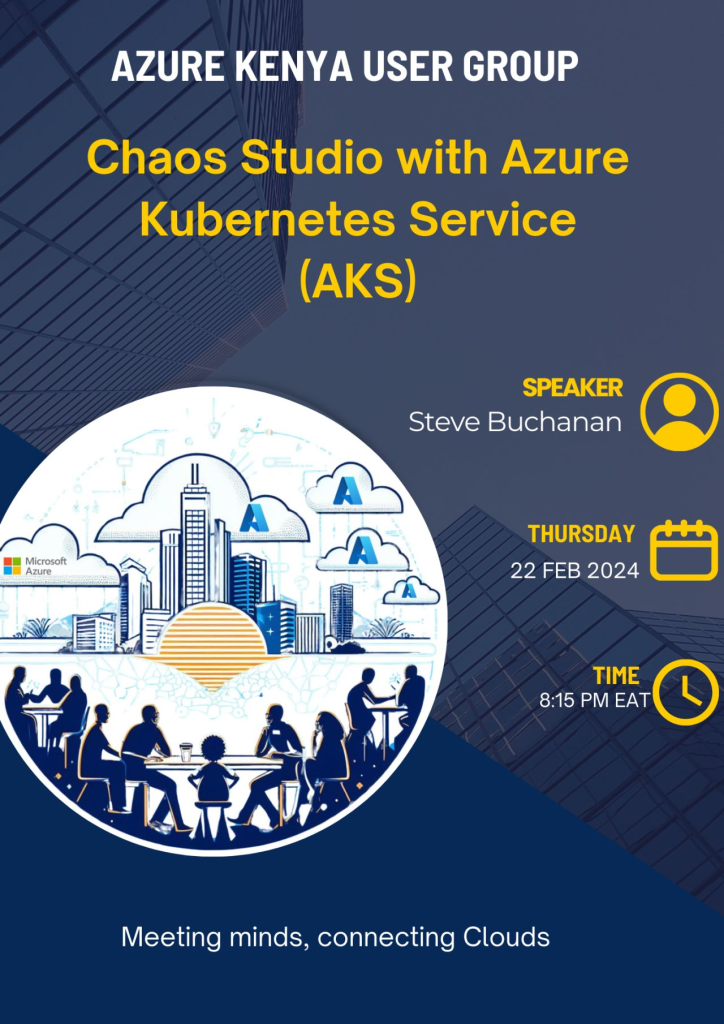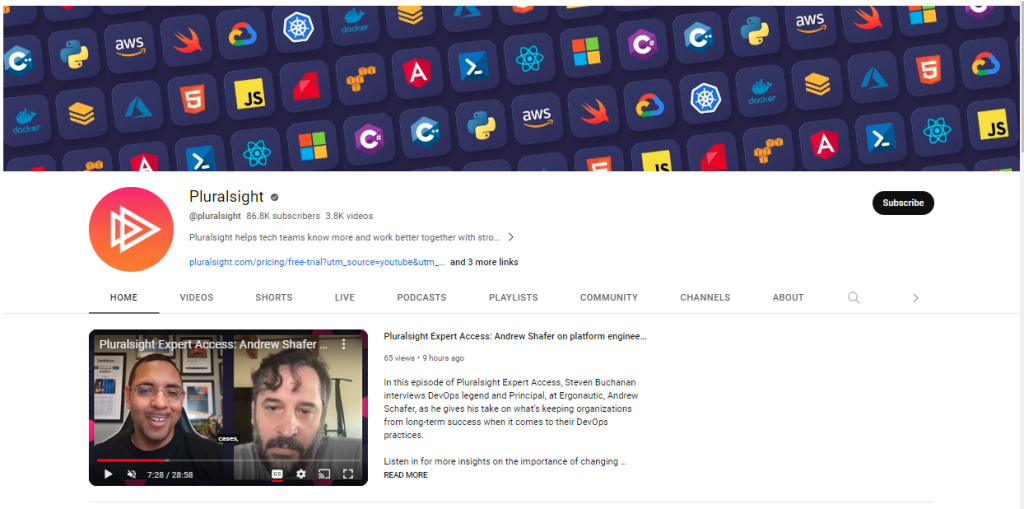I’m thrilled to share that my latest book, The Modern Developer Experience (ISBN: 9781098169695), is now available on O’Reilly! 🎉It is a shorter book known as a report with 4 chapters total. You can read the book on O’Reilly’s learning platform.

I am excited about this book because in today’s fast-paced tech world, developers don’t just write code, they navigate cloud platforms, cloud native tools and frameworks, integrate AI, automate workflows, and collaborate across teams to drive innovation. This book is a deep dive into the evolving role of developers and how modern tools, frameworks, and methodologies are shaping the future of software engineering.

Here is the offical book description:
DevOps has delivered transformative changes to tooling and processes, but with it comes new layers of complexity. More modern frameworks and tools, like containers, Docker, Kubernetes, Platform Engineering, GitOps, and AI can accelerate development, but understanding their unique challenges (and how to address them effectively) can make the difference between a team that struggles and one that thrives.
This report explores how organizations can improve the developer experience (DevEx) by reducing complexity, streamlining workflows, and fostering supportive environments. Whether your organization is deeply invested in DevOps or simply looking to improve team performance, this report highlights strategies to elevate your development practices and outcomes.
Here are the chapters:
1. The Modern Developer Experience
2. Raising the Bar, Providing the Right Developer Environment
3. Using AI to Enhance DevEx
4. Developer Experience and the Secure Supply Chain
📖 Whether you’re a developer, team lead, or engineering manager, this book will help you refine your processes and create an environment where developers can thrive.

🔗 Check it out here: The Modern Developer Experience on O’Reilly
